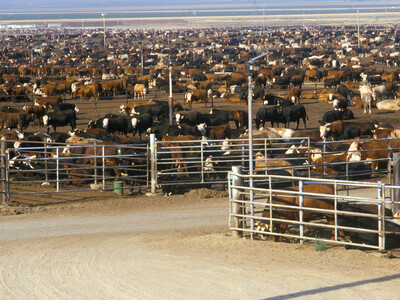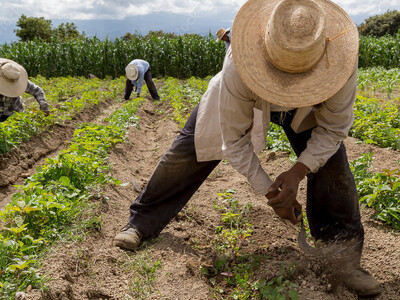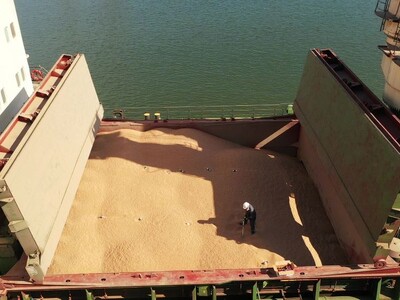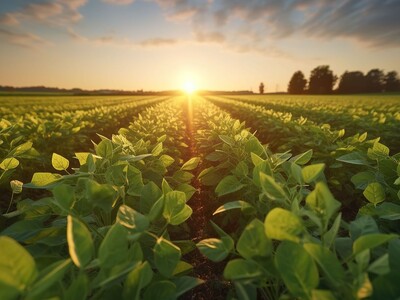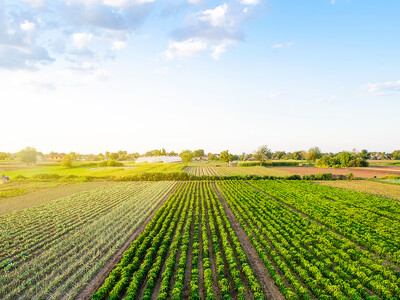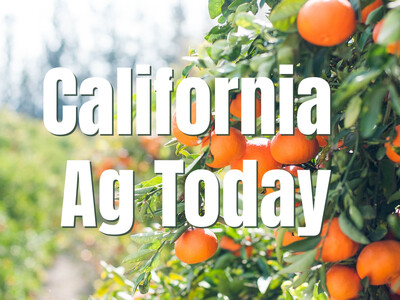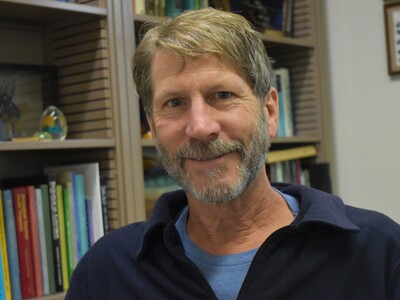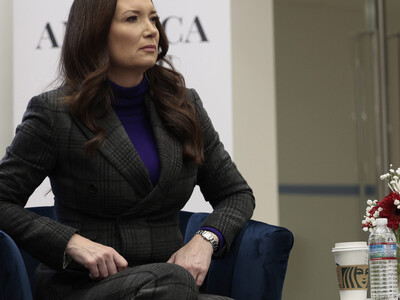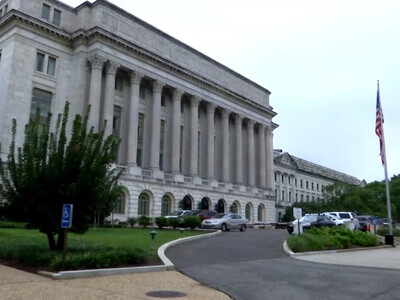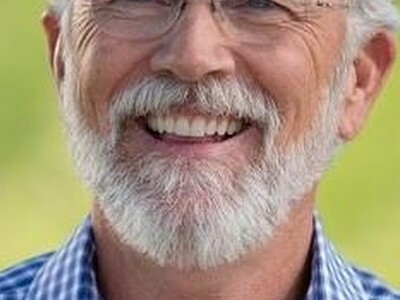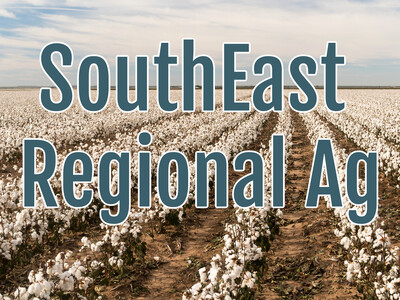What is Sustainable Agriculture?
What is Sustainable Agriculture? I’m Greg Martin with today’s Line On Agriculture.
A recent forum at Georgetown University focused on the future of food and sustainable agriculture. So what does that mean? American Farm Bureau Chief Economist Bob Young.
YOUNG: Sustainability means a lot of different things to a lot of different people. I think that some folks have tried to define sustainability as “it’s got to be organic and it’s got to be a small farm in order for it to be sustainable agriculture.”
And that did seem to be the view of many at the forum, including Britain’s Prince Charles. But Young says the reality is not that simple.
YOUNG: Sustainability to my way of thinking is a process. It’s a voyage. It’s not a destination. We’re constantly making improvements in our environmental footprint in traditional production agriculture and I think folks don’t give us credit for that.
Young can cite lots of examples like getting fuel and feed from one corn crop, developing crops that are drought resistant and producing better yields on smaller acreage. And while organic crops have some selling points, they can’t do all those things.
YOUNG: When you talk about organic production, you’ve got to take care of the bugs, you’ve got to make sure you take care of the weeds and you’ve got to make sure you feed the plant. So how do you take care of the weeds in organic production? For the most part you till the soil. One of the real breakthroughs that we’ve had in non-organic production systems is this whole notion of no-till farming that you don’t break the soil. You plant the seed in the residue that’s there from last year’s crop which significantly increases the organic content of the soil. It also substantially reduces soil erosion.
Young talks about how traditional agriculture has changed with new technology.
YOUNG: We’ve got a lot of folks in agriculture who have changed their production practices over the last 10 to 15 years and have done things in order to reduce soil erosion; they’ve done things to the plant in order to reduce the amount of pesticides for example that we have to use on the field; we’ve done things to the plant in order to change the toxicity of the chemicals that you use to control weeds. You’ve still got to take care of weeds. You’ve still got to feed the plant. You’ve still got to do the stuff that you have to do in order to make this biological process happen. And I think a lot of folks who don’t understand agriculture kind of have this expectation that you can just wave your hand and that the food appears.
He refers to criticism Prince Charles has had of biotech crops.
YOUNG: Quite frankly, most of the crops where we’re seeing significant increases in yields are in fact GM crops, genetically-modified crops, which the Prince on more than one occasion has said that he has a problem with. If he has a problem with not getting yield responses then we need to talk about let’s do the research, let’s take the steps that we need to, let’s adopt the technology that we need to in order to get that yield improvement to occur.
That’s today’s Line On Agriculture. I’m Greg Martin on the Ag Information Network.




